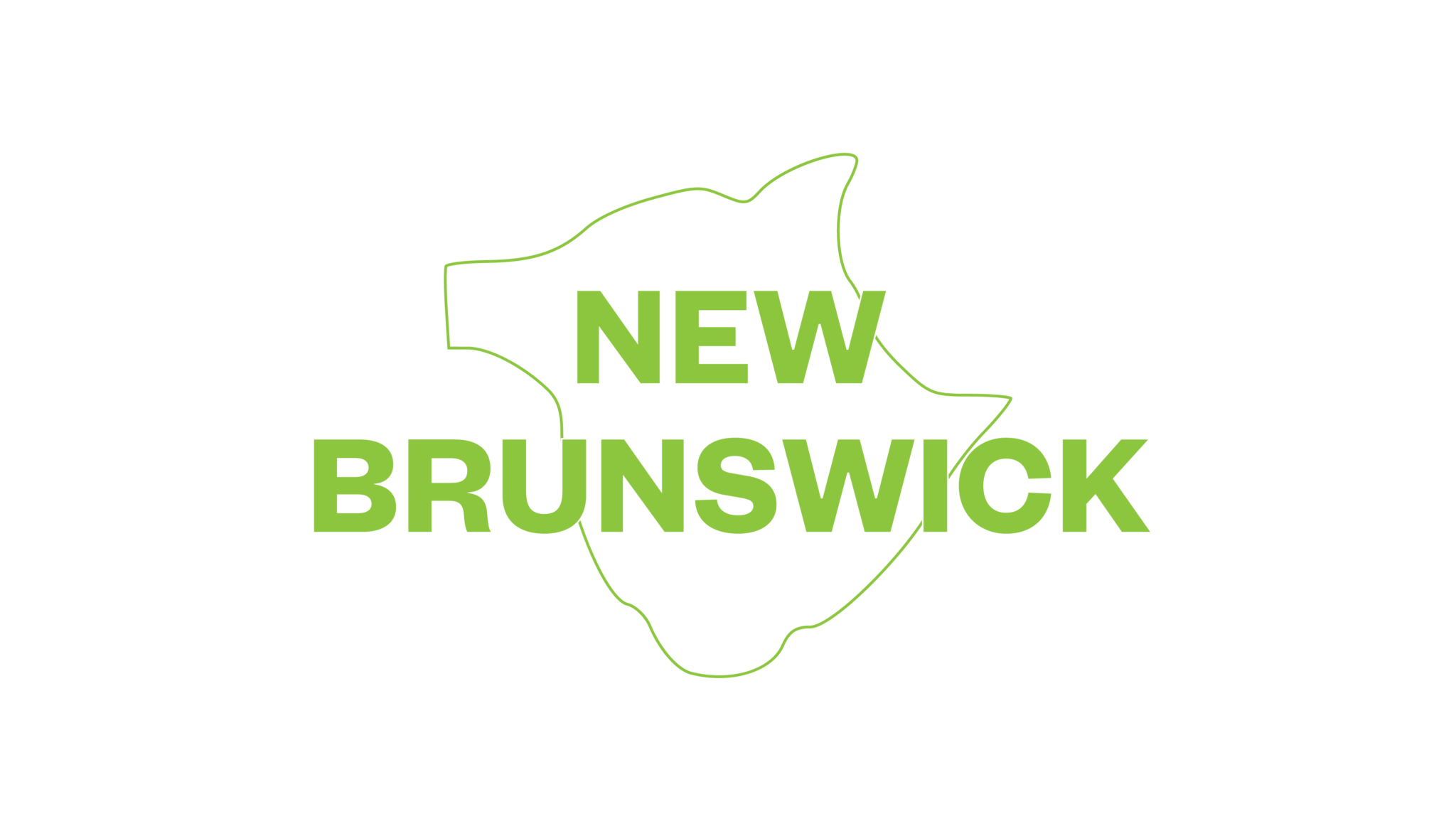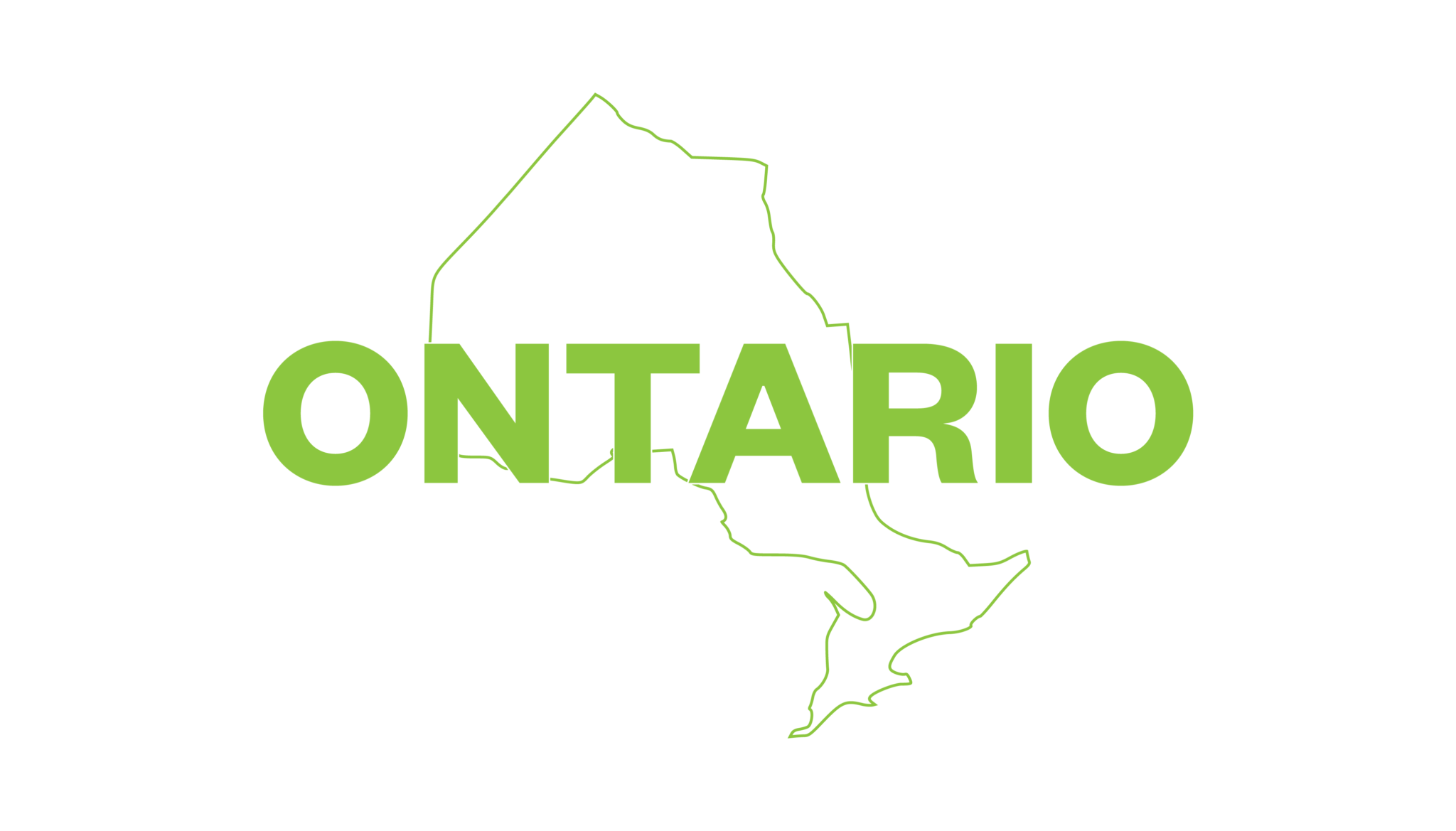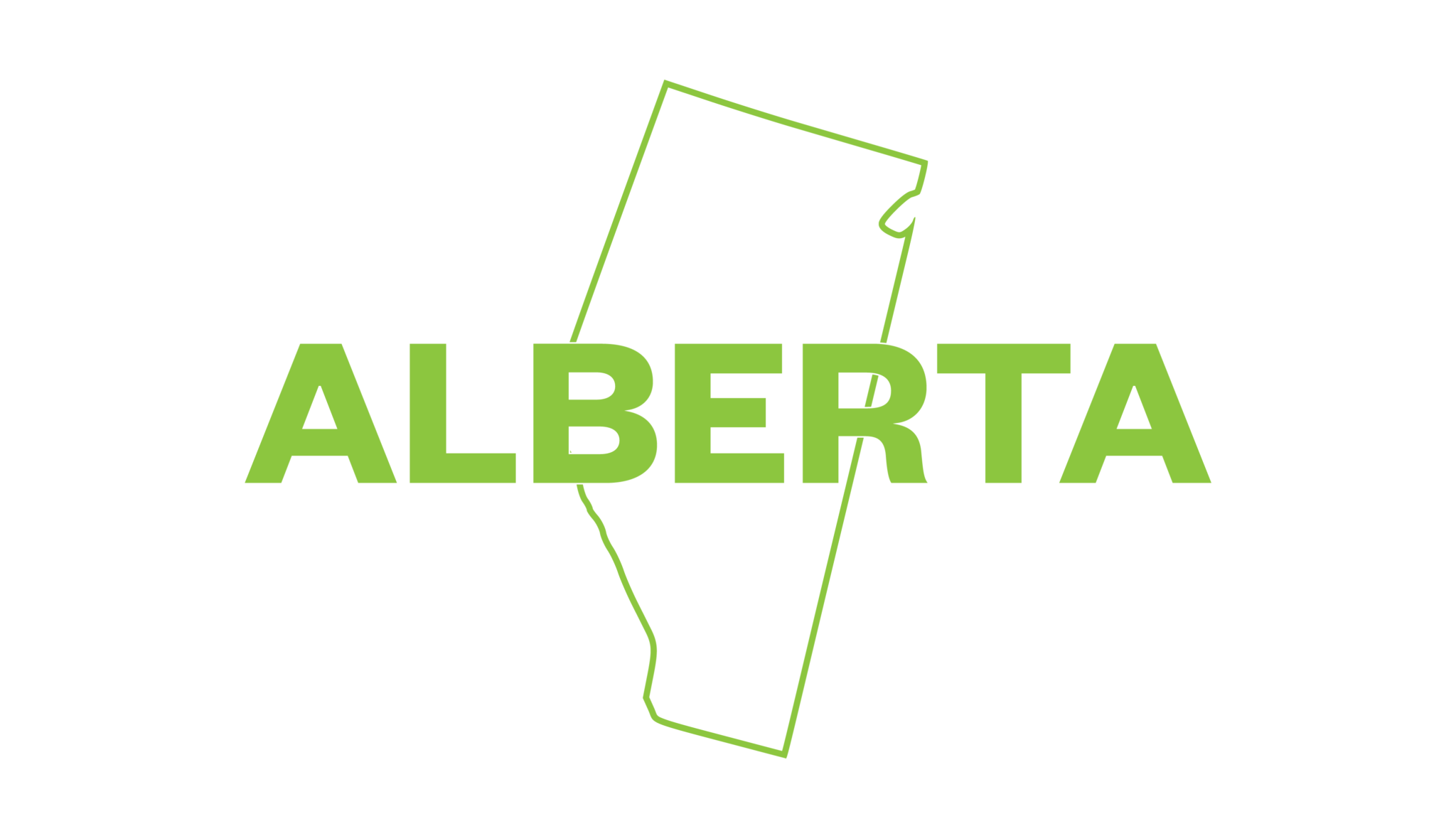In April, Canada’s government unveiled legislation to legalize cannabis for recreational use with the new plan set to take effect in the summer of 2018.While the bill provides a framework for what the legal weed market will look like — setting the minimum cannabis buying age at 18 and allowing only government-approved cannabis companies to produce the commercial supply — it’s up to the provinces and territories to decide how the product will be distributed and regulated.Ottawa has said it’ll steer clear during those processes in the meantime.VICE News has put together a running guide for legalization nationwide, with everything you need to know about how the provinces are tackling the thorny issue.Newfoundland recently released the findings of its public consultations and online survey on legal cannabis that received a record 2,600 responses. Provincial Justice and Public Safety Minister Andrew Parsons told the CBC in June: “It’s probably the single biggest issue that I get people coming to me about, emailing me, writing me.”The province isn’t expected to table its legislation until next spring.Like PEI, Nova Scotia is watching other provinces for inspiration on cannabis regulation. Premier Stephen McNeil claims he’ll be ready by the 2018 deadline, but there still hasn’t been public consultations, and the chief medical officer wants at least two years to prepare. In September, New Brunswick became the second province to announce an outline for its recreational market. It will create a new crown corporation to oversee sales, and NB Liquor will set up a network of up to 20 highly regulated standalone storefronts to sell the product. The province also announced a multi-million dollar agreement with two licensed producers to supply the future stores, including pot behemoth Canopy Growth Corp., which is setting itself up to be the country’s preeminent vendor.In a controversial move, the province’s propose legal cannabis law would ban public consumption of legal cannabis and force users to keep their supply locked up at home.The proposed minimum age for cannabis consumption there is expected to be 19 years old.Dispensary owners and customers in New Brunswick have said they will push back against any plan to wipe out independent stores and growers. There are currently more than a dozen marijuana dispensaries in the province.Public hearings on recreational weed wrapped up earlier this month. The government plans to table its legislation this year. It’s unclear what the legal age for cannabis will be, but the drinking age there is 18 years old. Provincial lawmakers have indicated they might ban growing pot plants in private homes; they say the federal government’s four-plant maximum is unenforceable.
In September, New Brunswick became the second province to announce an outline for its recreational market. It will create a new crown corporation to oversee sales, and NB Liquor will set up a network of up to 20 highly regulated standalone storefronts to sell the product. The province also announced a multi-million dollar agreement with two licensed producers to supply the future stores, including pot behemoth Canopy Growth Corp., which is setting itself up to be the country’s preeminent vendor.In a controversial move, the province’s propose legal cannabis law would ban public consumption of legal cannabis and force users to keep their supply locked up at home.The proposed minimum age for cannabis consumption there is expected to be 19 years old.Dispensary owners and customers in New Brunswick have said they will push back against any plan to wipe out independent stores and growers. There are currently more than a dozen marijuana dispensaries in the province.Public hearings on recreational weed wrapped up earlier this month. The government plans to table its legislation this year. It’s unclear what the legal age for cannabis will be, but the drinking age there is 18 years old. Provincial lawmakers have indicated they might ban growing pot plants in private homes; they say the federal government’s four-plant maximum is unenforceable. Ontario is the furthest ahead on implementing a legal cannabis framework, and it’s already facing opposition from independent dispensary owners and pro-pot activists.The Liquor Control Board of Ontario (LCBO) will be given exclusive rights to oversee sales of the recreational drug both in special stores and online, provincial officials said in September.Initially, only 40 stores will be authorized to sell weed, with that number rising to 150 in the future.As the provincial monopoly takes over sales, hundreds of dispensaries which currently operate in a legal grey zone will be shuttered by authorities, Ontario Attorney General Yasir Naqvi said.“Consider yourself on notice,” Naqvi warned dispensary owners. The province will enact a minimum age of 19 to purchase cannabis and will only allow it to be consumed in private homes. That means no more cannabis lounges or cafés.The province also announced a “zero tolerance” approach when it comes to drivers and truckers, especially those under the age of 21, who use cannabis and then get behind the wheel. For instance, first offenders could face a $250 fine and a three-day license suspension.Cannabis activist Jodie Emery said the government’s overall approach to legalization is the “worst possible plan”, arguing that it will enrich bureaucrats at the expense of small businesses.Dispensary owners, small growers, and cannabis lounge workers are ramping up their efforts to fight the government’s plan; they say it will further entrench the black market and deny medical patients access to particular strains. They’re also angry Ontario residents won’t be allowed to consume cannabis outdoors.This province’s Progressive Conservative government is worried it won’t be able to meet the 2018 deadline. The Premier says the feds have left the provinces and territories with too many unanswered questions. Manitoba is still mum on details for distribution.The justice minister says “all options are on the table,” but she has hinted that putting the provincial liquor and gaming authority in charge of distribution would be a good idea.Saskatchewan has launched an online survey giving residents over the age of 18 until October 6 to provide input on what they want the legal weed market to look like. The province has not publicized other cannabis legalization plans. But the attorney general recently responded to Ontario’s framework by saying Saskatchewan would likely take a different approach. Its proposed regulations will be introduced in the spring of 2018.
Ontario is the furthest ahead on implementing a legal cannabis framework, and it’s already facing opposition from independent dispensary owners and pro-pot activists.The Liquor Control Board of Ontario (LCBO) will be given exclusive rights to oversee sales of the recreational drug both in special stores and online, provincial officials said in September.Initially, only 40 stores will be authorized to sell weed, with that number rising to 150 in the future.As the provincial monopoly takes over sales, hundreds of dispensaries which currently operate in a legal grey zone will be shuttered by authorities, Ontario Attorney General Yasir Naqvi said.“Consider yourself on notice,” Naqvi warned dispensary owners. The province will enact a minimum age of 19 to purchase cannabis and will only allow it to be consumed in private homes. That means no more cannabis lounges or cafés.The province also announced a “zero tolerance” approach when it comes to drivers and truckers, especially those under the age of 21, who use cannabis and then get behind the wheel. For instance, first offenders could face a $250 fine and a three-day license suspension.Cannabis activist Jodie Emery said the government’s overall approach to legalization is the “worst possible plan”, arguing that it will enrich bureaucrats at the expense of small businesses.Dispensary owners, small growers, and cannabis lounge workers are ramping up their efforts to fight the government’s plan; they say it will further entrench the black market and deny medical patients access to particular strains. They’re also angry Ontario residents won’t be allowed to consume cannabis outdoors.This province’s Progressive Conservative government is worried it won’t be able to meet the 2018 deadline. The Premier says the feds have left the provinces and territories with too many unanswered questions. Manitoba is still mum on details for distribution.The justice minister says “all options are on the table,” but she has hinted that putting the provincial liquor and gaming authority in charge of distribution would be a good idea.Saskatchewan has launched an online survey giving residents over the age of 18 until October 6 to provide input on what they want the legal weed market to look like. The province has not publicized other cannabis legalization plans. But the attorney general recently responded to Ontario’s framework by saying Saskatchewan would likely take a different approach. Its proposed regulations will be introduced in the spring of 2018. The province put forward its proposed legislation in Novemberthat would set the minimum legal age to buy and consume cannabis at 18 years old, the drinking age in the province. Storefronts overseen by the Alberta alcohol and gaming commission will sell the substance, and private stores will be allowed to sell the substance, but not in the same places where alcohol is sold. And adults will only be able to purchase 30 grams at a time.As of November, Alberta and Manitoba are the only provinces to champion sales of recreational cannabis by private stores.Cannabis use will be confined to private homes and select public places. Cannabis lounges and cafés will be banned at first — although the province will review that at a later date.Unlike Ontario, Alberta will not allow legal cannabis to be sold online at first, over fears that children and teens might be able to order it. That may also be reviewed at a later date.British Columbia’s minister of public safety and solicitor general announced on Sept. 25 extensive public consultations would begin on legal cannabis, and hinted that the distribution model could look different across the province.Legislation on the matter will be tabled in the spring.After Ontario released its detailed pot plan, newly minted B.C. Premier John Horgan provided hints of how the province – known for progressive approaches to cannabis and general drug policies – plans to regulate the industry.Horgan said in a radio interview that he wants growers and distributors to be able to “participate as entrepreneurs” in the industry, but officials “need to regulate it.”The “explosion of private dispensaries” is “not going to work,” the premier said, but selling marijuana in provincial-run stores is “an option.” Cities such as Vancouver already oversee dispensaries. Otherwise, the province has provided few clues of where things are headed.Nunavut residents have until the end of September to fill out an online survey, and there’s a new interdepartmental working group dedicated to the cannabis question. Government staff say the territory faces unique challenges for regulating the drug.Like Nunavut, this territory faces issues around dry communities and access to alcohol. Yellowknife residents had their say on how legalization should be implemented at a government cannabis town hall last week, one of several being held across the territory in September.Yukoners may fill out an online survey on cannabis legalization plans until the end of September, the results of which will be posted online by the government in November.
The province put forward its proposed legislation in Novemberthat would set the minimum legal age to buy and consume cannabis at 18 years old, the drinking age in the province. Storefronts overseen by the Alberta alcohol and gaming commission will sell the substance, and private stores will be allowed to sell the substance, but not in the same places where alcohol is sold. And adults will only be able to purchase 30 grams at a time.As of November, Alberta and Manitoba are the only provinces to champion sales of recreational cannabis by private stores.Cannabis use will be confined to private homes and select public places. Cannabis lounges and cafés will be banned at first — although the province will review that at a later date.Unlike Ontario, Alberta will not allow legal cannabis to be sold online at first, over fears that children and teens might be able to order it. That may also be reviewed at a later date.British Columbia’s minister of public safety and solicitor general announced on Sept. 25 extensive public consultations would begin on legal cannabis, and hinted that the distribution model could look different across the province.Legislation on the matter will be tabled in the spring.After Ontario released its detailed pot plan, newly minted B.C. Premier John Horgan provided hints of how the province – known for progressive approaches to cannabis and general drug policies – plans to regulate the industry.Horgan said in a radio interview that he wants growers and distributors to be able to “participate as entrepreneurs” in the industry, but officials “need to regulate it.”The “explosion of private dispensaries” is “not going to work,” the premier said, but selling marijuana in provincial-run stores is “an option.” Cities such as Vancouver already oversee dispensaries. Otherwise, the province has provided few clues of where things are headed.Nunavut residents have until the end of September to fill out an online survey, and there’s a new interdepartmental working group dedicated to the cannabis question. Government staff say the territory faces unique challenges for regulating the drug.Like Nunavut, this territory faces issues around dry communities and access to alcohol. Yellowknife residents had their say on how legalization should be implemented at a government cannabis town hall last week, one of several being held across the territory in September.Yukoners may fill out an online survey on cannabis legalization plans until the end of September, the results of which will be posted online by the government in November.
Advertisement
Newfoundland
Prince Edward Island
This province of just over 140,000 people doesn’t seem to know what it wants the recreational cannabis market to look like yet. Premier Wade MacLauchlan says he’s in no rush to come up with a plan, and is waiting to see what other provinces do. Residents have until the end of September to give input through a government survey.“It’s probably the single biggest issue that I get people coming to me about, emailing me, writing me.”
Nova Scotia

New Brunswick
Advertisement
Quebec

Ontario
Dispensary owners say it will further entrench the black market and deny medical patients access to particular strains.
Advertisement
Manitoba
Advertisement
The city of Edmonton is already flirting with the idea of lounges and storefronts.
Saskatchewan

Alberta
Advertisement
British Columbia
Nunavut
Some communities prohibit alcohol sales due to problems with substance abuse, while alcohol purchases are only possible by mail order in other remote settlements. This raises questions around how readily accessible legal cannabis will be.Alcohol purchases are only possible by mail order in other remote settlements.